Publications
Articles, publications, books, tools and multimedia features from the U.S. Institute of Peace provide the latest news, analysis, research findings, practitioner guides and reports, all related to the conflict zones and issues that are at the center of the Institute’s work to prevent and reduce violent conflict.
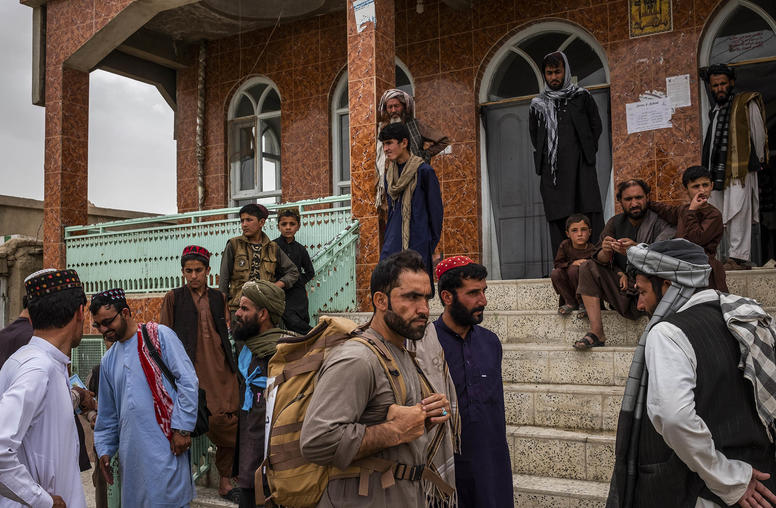
In Religious Conflicts, Bolstering the Role of Military Chaplains
In the 2020s, how urgently should the U.S. military prepare to address religious facets of armed conflicts? Violence from Beirut to the Red Sea this month threatens to spread the Israel-Hamas war regionwide. Violence fueled through religious identities and extremisms also afflicts Asia and Africa. Russia manipulates religion to justify its invasion of Ukraine. However, simultaneously, religious ideas can help resolve conflicts. The United States should seize a current opportunity to improve its ability to navigate the religious terrain of conflicts with enhanced training and roles for an often under-appreciated resource: military chaplains.
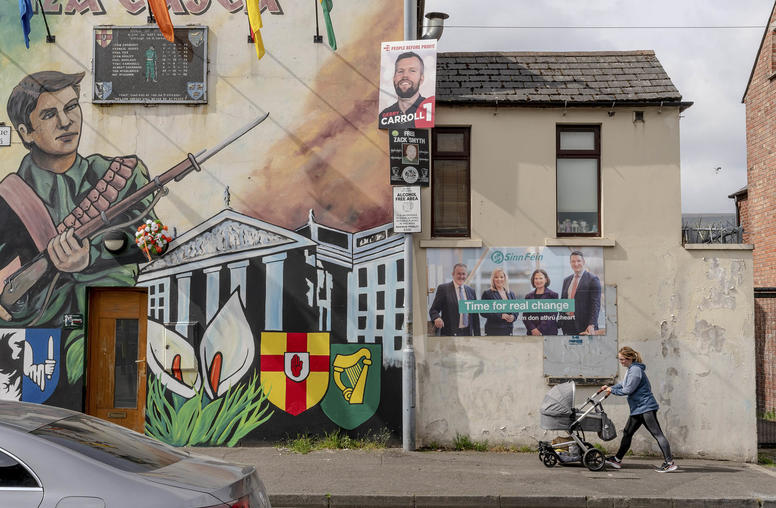
What Can We Learn from Northern Ireland’s 25 Years of Peace?
Next week marks 25 years since Northern Ireland’s Good Friday Agreement ended three decades of violent conflict between Catholics and Protestants. What can we learn from that breakthrough to strengthen peace efforts today? A Northern Irish peacebuilder argues a that a vital step in his homeland’s peace process placed civil society — and, critically, civil society’s religious participants — at its center in a way that other peace efforts (between Israelis and Palestinians, for example) have not. Northern Ireland continues to build reconciliation, a demonstration that, while religious factors sometimes fuel conflict, a fuller engagement of religious leaders and groups contributes powerfully to lasting peace.
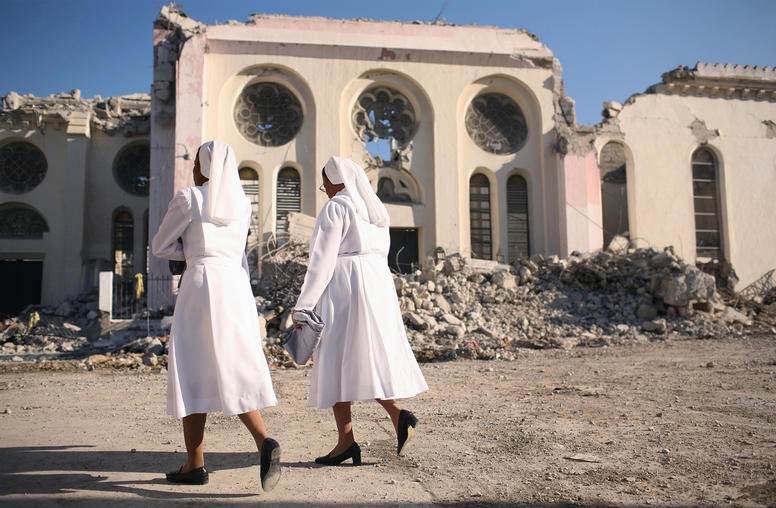
How Religious Actors Can Help Address the Western Hemisphere’s Biggest Challenges
On the sidelines of this year’s Summit of the Americas, the Interreligious Forum of the Americas brought together over 100 religious actors, faith-based organizations and governments to discuss how strategic engagement with religious and interreligious actors can help address the hemisphere’s most pertinent issues.
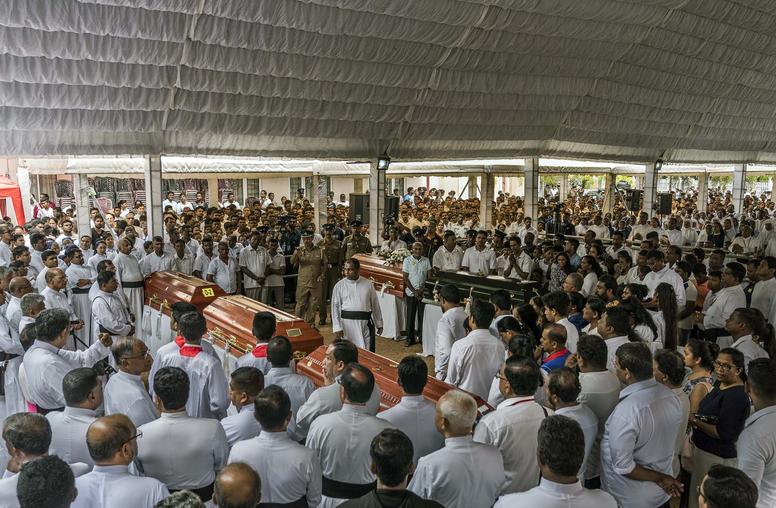
Two Years After Easter Attacks, Sri Lanka’s Muslims Face Backlash
Two years after the Easter Sunday attacks that left 269 dead and injured more than 500, Sri Lanka’s Christian community is still waiting for justice while its Muslim community is reeling from the backlash that followed the bombings. Recent government restrictions targeting Muslims have exacerbated religious tensions in the South Asian nation and risk alienating large portions of the community.
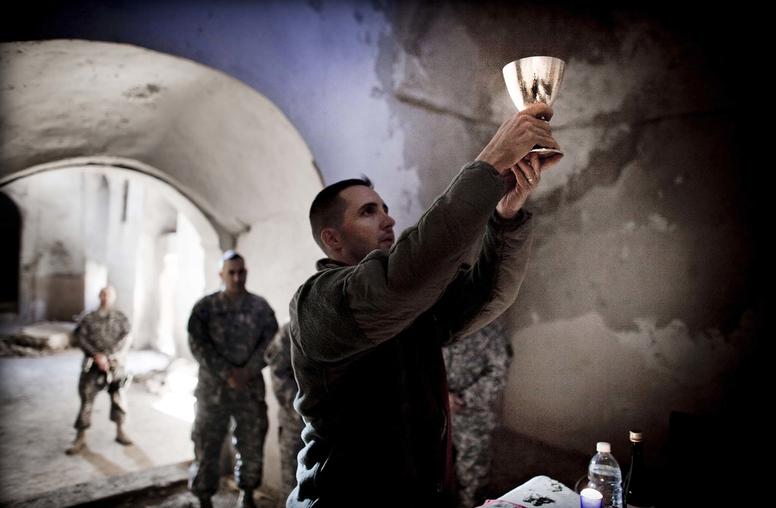
How Military Chaplains Are Key Agents for Peace for the U.S. Armed Forces
Over the past few decades, U.S. military chaplains have increasingly played a key role in promoting peaceful resolutions in conflict environments. While their primary mission across the service branches is pastoral care — leading religious services, providing counsel and offering spiritual guidance, for example — military chaplains have also, at times, served as liaisons and bridge-builders with local religious leaders.
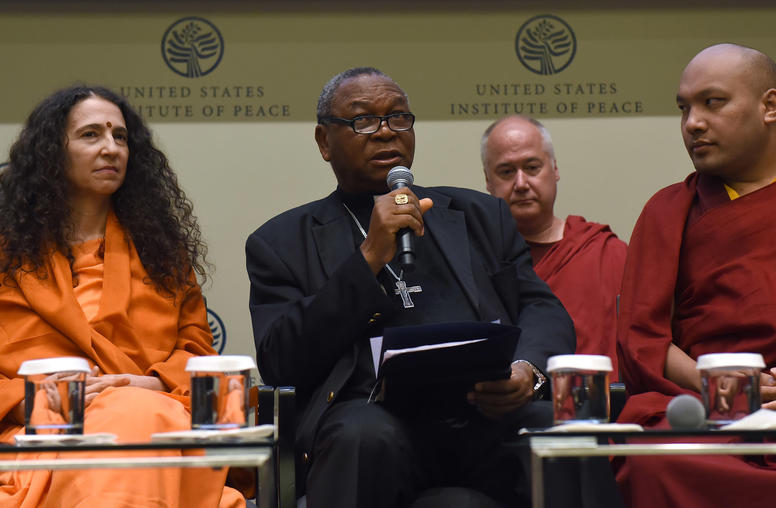
To Defend Religious Freedom, Try Peacebuilders’ Strategies
News headlines in recent months report attacks on places of worship in lands as disparate as Northern Ireland, Syria and Ethiopia. Governments and civil society organizations have expressed rising concern over violence and government restrictions against religion—a concern that was visible in July when nearly 1,000 people gathered at a State Department conference to advance religious freedom. At that conference, some discussions offered a useful idea: that activists and governments might better protect religious freedom by borrowing tactics from specialists in conflict resolution.
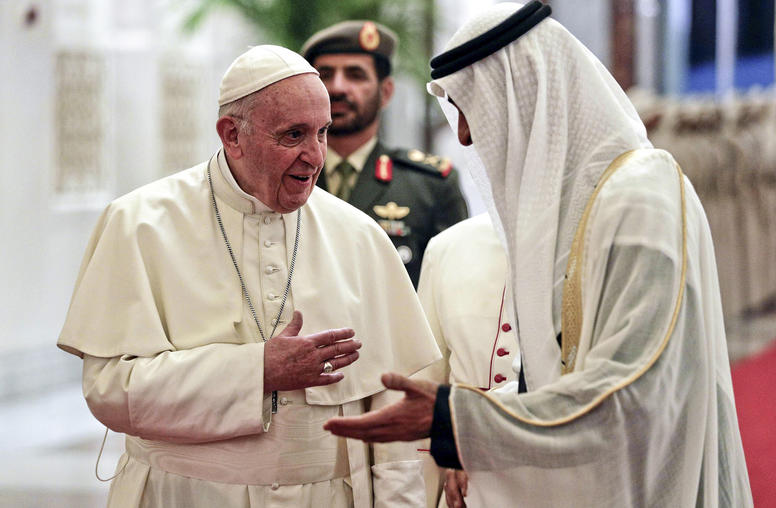
Pope Francis in the Cradle of Islam: What Might It Bring?
Pope Francis’ recent sojourn in the Arabian Peninsula was a powerful symbolic advance for interfaith dialogue: the first visit by a Roman Catholic pontiff to the original homeland of the Islamic faith. Francis joined eminent Muslim, Jewish and other Christian clerics in an appeal for the communal coexistence so desperately needed by a world suffering violence and persecution across humanity’s religious divides. The visit’s moving imagery included Christians and Muslims together attending the first papal mass on the peninsula. Yet this powerful symbolism will have real impact only if it inspires us all to take concrete steps—notably by governments, educational institutions and faith-based organizations.
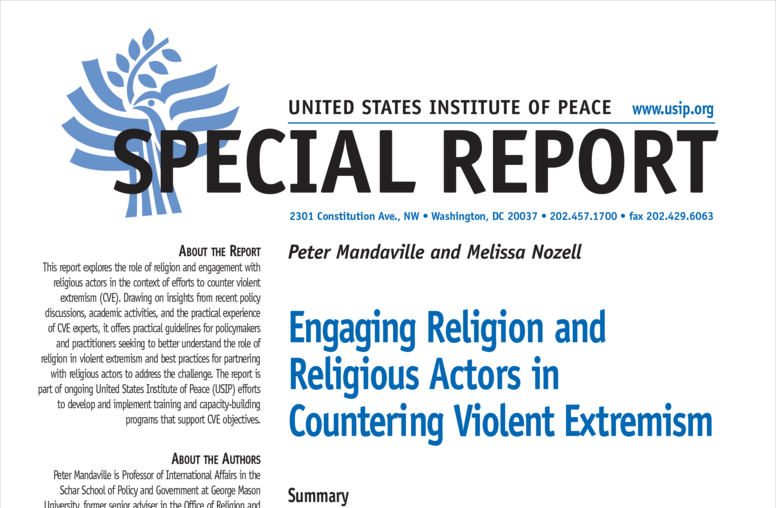
Engaging Religion and Religious Actors in Countering Violent Extremism
By more fully understanding the role of religion in violent extremism and adopting a broad-based and inclusive approach to engaging religious actors, policymakers and practitioners can better advance countering violent extremism objectives. In this report, a former senior policy adviser and a USIP senior specialist explore the nexus of religion and violent extremism.
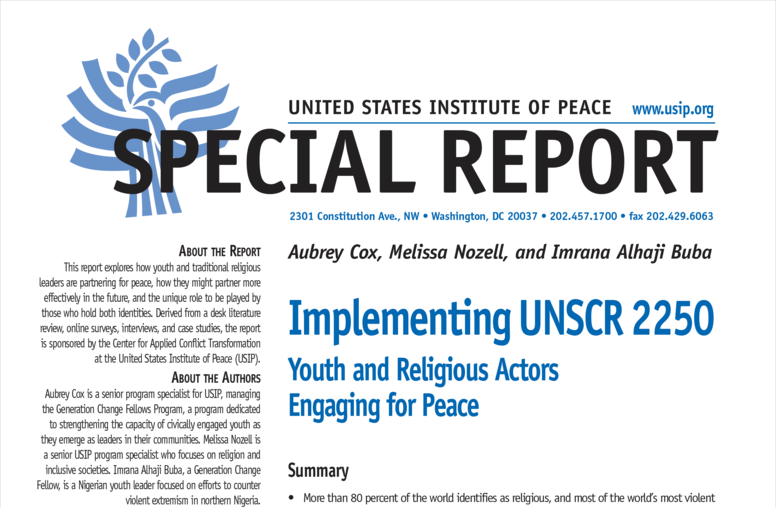
Implementing UNSCR 2250
In the context of UN Security Council Resolution 2250 on Youth, Peace, and Security, this report examines collaborations between youth and religious leaders in conflict-affected states. Using case studies, surveys, and interviews, it highlights the gaps, challenges, and opportunities for how religious actors and youth can and do partner effectively in the face of violent conflict.
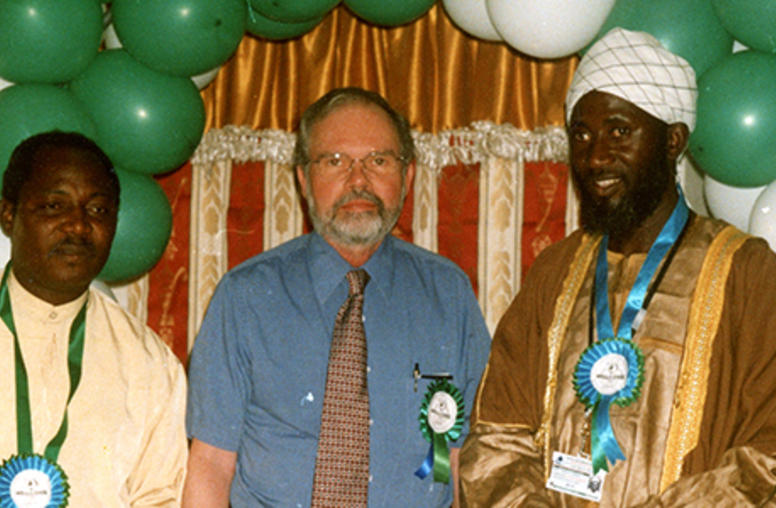
Two Decades of Peacebuilding: USIP Vice President Smock Retires
His career was rooted in college friendships with a Ghanaian and a Nigerian. It propelled him through posts in four foreign countries and a peace mediated in a local community in Africa that has held for more than 10 years. David Smock, USIP’s vice president for Governance, Law & Society and director of the Institute’s Religion and Peacebuilding Center, retires at the end of this week after more than 24 years at USIP, an organization that itself is only 30 years old.